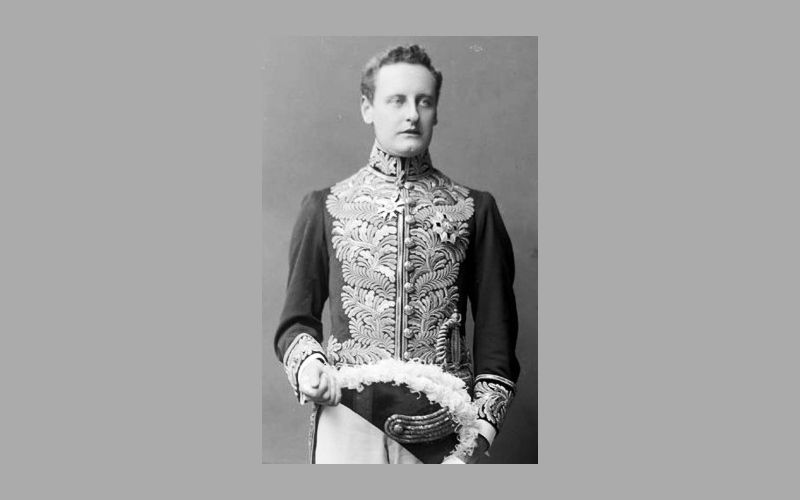100 Heroes: William Lygon
The gay man who became a powerful politician but was blackmailed because of his sexuality.

William Lygon, 7th Earl Beauchamp, was a British Liberal politician.
He was Governor of New South Wales between 1899 and 1901, a member of the Liberal administrations of Sir Henry Campbell-Bannerman and H. H. Asquith between 1905 and 1915, and leader of the Liberal Party in the House of Lords between 1924 and 1931.
When political enemies threatened to make public his homosexuality he resigned from office to go into exile.
Lord Beauchamp is often assumed to be the model for the character Lord Marchmain in Evelyn Waugh’s novel Brideshead Revisited.
Early life
Born in 1872, Beauchamp was educated at Eton College and Christ Church, University of Oxford.
Beauchamp succeeded his father in the earldom in 1891 at the age of 18.
Political career
Beauchamp was appointed to the post of Governor of New South Wales in May 1899. He returned to the UK in 1900.
In 1902, Beauchamp joined the Liberal Party.
When the Liberals came to power under Henry Campbell-Bannerman in December 1905, Beauchamp was appointed Captain of the Honourable Corps of Gentlemen-at-Arms and was sworn of the Privy Council in January 1906.
He was the Liberal leader in the House of Lords from 1924 to 1931.
While serving in Parliament, Beauchamp voiced his support for a range of progressive measures such as workmen’s compensation, an expansion in rural housing provision, an agricultural minimum wage, improved safety standards and reduced working hours for miners.
Sexuality and blackmail
In 1931, Beauchamp was publicly “outed” as a homosexual.
Beauchamp’s homosexuality had been an open secret but he had been protected by his wealth and social class and - despite its illegality - his sexuality had previously never been used against him.
Beauchamp was known for having a lot of sexual partners - he would have sex with everyone from aristocrats to local tradesmen.
The scandal emerged following a trip to Australia in 1930. It was common knowledge in London society that Beauchamp was travelling with Robert Bernays and that the two men were lovers. Bernays was a politician who was also a member of the Liberal party.
It was Beauchamp's brother-in-law, the Duke of Westminster, who brought the matter to the attention of King George V. The Duke was motivated by a personal dislike of Beauchamp, and also saw it as an opportunity to damage the Liberal party.
The Duke forced the King to take action because the King's sons - Henry and George - were known to have spent time at Beauchamp's country estate. A public scandal that exposed Beauchamp's sexual exploits could also embroil the royal family.
Beauchamp was confronted about his relationship with Bernays and made an offer that he couldn't refuse. He separated from his wife, resigned from all public positions, and left England. The scandal was contained.
Spending the remainder of his life in a nomadic existence in the global gay hotspots of the time, Beauchamp died in 1938, aged 66.